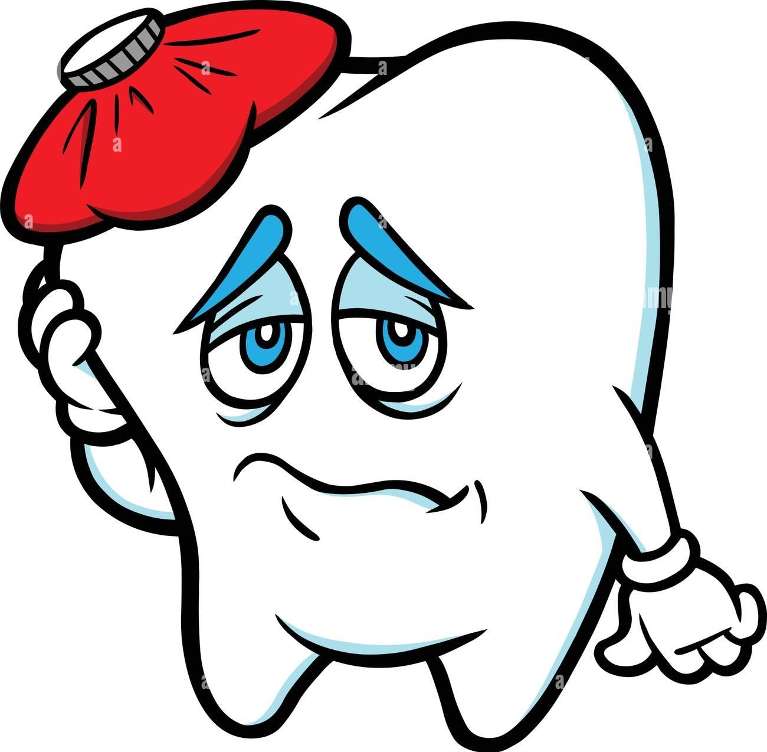
Understanding the Most Common Causes of Tooth Pain
Tooth pain can be one of the most uncomfortable and distressing sensations, often disrupting daily life. At The Henderson Dentist, we aim to help you understand the causes of tooth pain and how to address them effectively. Below, we’ll explore the most common culprits behind that dreaded ache.
1. Cavities (Tooth Decay)
Cavities, caused by decay from plaque buildup, are the leading cause of tooth pain. When harmful bacteria erode the enamel, they expose the sensitive inner layers of the tooth, leading to sharp or throbbing pain, especially when eating sweets, hot foods, or cold beverages.
How to Prevent It:
• Brush and floss daily.
• Visit your dentist regularly for cleanings and check-ups.
• Avoid sugary snacks and drinks.
2. Gum Disease (Gingivitis and Periodontitis)
Gum disease begins with mild inflammation (gingivitis) and can progress to periodontitis, where the gums pull away from the teeth, creating pockets of infection. This can lead to pain, swelling, and even tooth loss.
Signs to Watch For:
• Swollen, red, or bleeding gums.
• Persistent bad breath.
• Loose teeth or receding gums.
3. Tooth Sensitivity
If you feel sharp pain when consuming hot, cold, or acidic foods, you might have tooth sensitivity. This condition occurs when the protective enamel wears down or the gums recede, exposing the sensitive dentin beneath.
Solutions for Sensitivity:
• Use toothpaste designed for sensitive teeth.
• Avoid extreme temperatures in food and drink.
• Schedule a dental consultation for persistent issues.
4. Cracked or Damaged Teeth
Accidents, biting into hard foods, or grinding your teeth can lead to cracks, chips, or fractures. A damaged tooth may expose the nerve, causing intense pain or sensitivity.
What to Do:
• Avoid chewing on hard objects.
• Seek immediate dental care to prevent further damage or infection.
5. Dental Abscess
An abscess is a pocket of pus caused by a bacterial infection, often resulting from untreated decay or gum disease. Symptoms include severe, throbbing pain, swelling, and sometimes fever.
Immediate Steps:
• Rinse with warm salt water to ease discomfort.
• Contact your dentist immediately for treatment.
6. Impacted Wisdom Teeth
Wisdom teeth that don’t have enough room to erupt can become impacted, pressing against other teeth or causing inflammation in the surrounding gums.
Common Symptoms:
• Pain at the back of your mouth.
• Swelling and tenderness around the area.
• Difficulty opening your mouth.
7. Bruxism (Teeth Grinding)
Grinding or clenching your teeth, especially at night, can wear down enamel, strain the jaw, and lead to tooth pain, sensitivity, or headaches.
How We Treat Bruxism at The Henderson Dentist:
• Custom Nightguards: Protect your teeth from grinding damage while you sleep.
• Stress Management Techniques: Lifestyle adjustments to reduce tension and clenching.
• Botox for Bruxism:At The Henderson Dentist, we offer Botox as an innovative solution for managing bruxism. Botox relaxes the overactive jaw muscles responsible for grinding, reducing pain, headaches, and tooth wear. This minimally invasive treatment can provide relief that lasts several months, complementing other bruxism management strategies.
Don’t Ignore Tooth Pain
Tooth pain is often a signal of an underlying issue that requires professional care. Whether it’s cavities, gum disease, or jaw pain from bruxism, we’re here to help.
Schedule Your Visit Today
If you’re experiencing tooth pain or want to explore options like Botox for bruxism, contact us at The Henderson Dentist. Let us help you maintain a healthy, pain-free smile!
